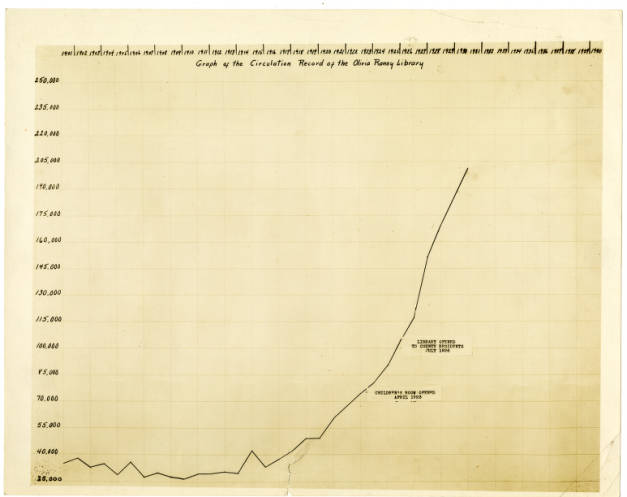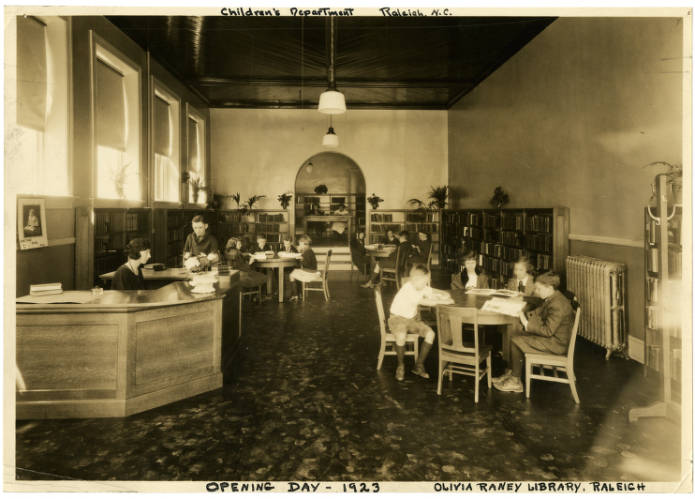Everyone Loves Libraries
One of my fondest memories is from the summer of 1996, when I was a rising 4th grader and had somehow gotten my hands on Chicago Public Libraries’ list of children’s summer programs. Obviously impressed by the offerings, I signed myself up for enough programs, and made them all sound so important, that my poor father spent hours driving me around the city every week. Among the many programs and branches I visited that summer, I vaguely remember making a Magic School Bus themed hanging mobile and attending a Star Wars themed discussion.
It was when I went to live in Pakistan for four years during middle school that I first realized how important libraries are in the lives of millions of children who grow up attending story times and checking out dozens of Curious George and Berenstain Bears books at their local branches. Having been such an enthusiastic library user, it was intensely difficult for me to spend those years in Pakistan with no way to access books I actually wanted to read (versus the ubiquitous classics, which, out of necessity, I grudgingly came to appreciate). Since my parents hadn’t grown up with access to public libraries either, I also understood why they had always been so supportive of my own love of libraries.
I was pleasantly reminded of my childhood connection to libraries when I recently had the opportunity to have a lengthy discussion with Mike Wasilick, the Director of Wake County Public Libraries. We talked about a variety of topics, including: the grueling hiring/interview process that Mike had to go through before he was deemed qualified for the fairly high-profile position, and the types of work he does as part of his job.
After a year in the MPA program, I had to ask Mike about performance indicators for the library system and how he made sure tax payers were provided with satisfactory services. Reflecting his astute managerial skills, Mike recognized the protectiveness/emotional attachment many librarians feel towards their work and the challenge of translating everything the libraries do into quantifiable measures of success that administrators often seek. Despite the challenges, Wake County regularly tracks indicators such as circulation rates and use of library computers/other services, and compares these to benchmarking jurisdictions throughout the country. In fact, libraries in the system have been doing this for decades:
We also talked about the future of the library system in context of the societal and technological changes currently going on. Mike explained that one advantage of having the library system so connected with county government is that the financial/leadership oversight provided by county officials/voters encourages the libraries to make well thought-out and cautious decisions about programming, resource acquisition, and other issues. For example, the library system has taken a gradual approach to providing e-services, and is more interested in combining the best aspects of traditional library models with modern amenities/trends.
This style of library management has obviously paid off. County voters have approved library capital bonds by large margins in recent years, and annual survey results indicate that 90+ % of library users are satisfied with library services. I now look forward to my kids experiencing the joys of a public library like so many kids before them:




